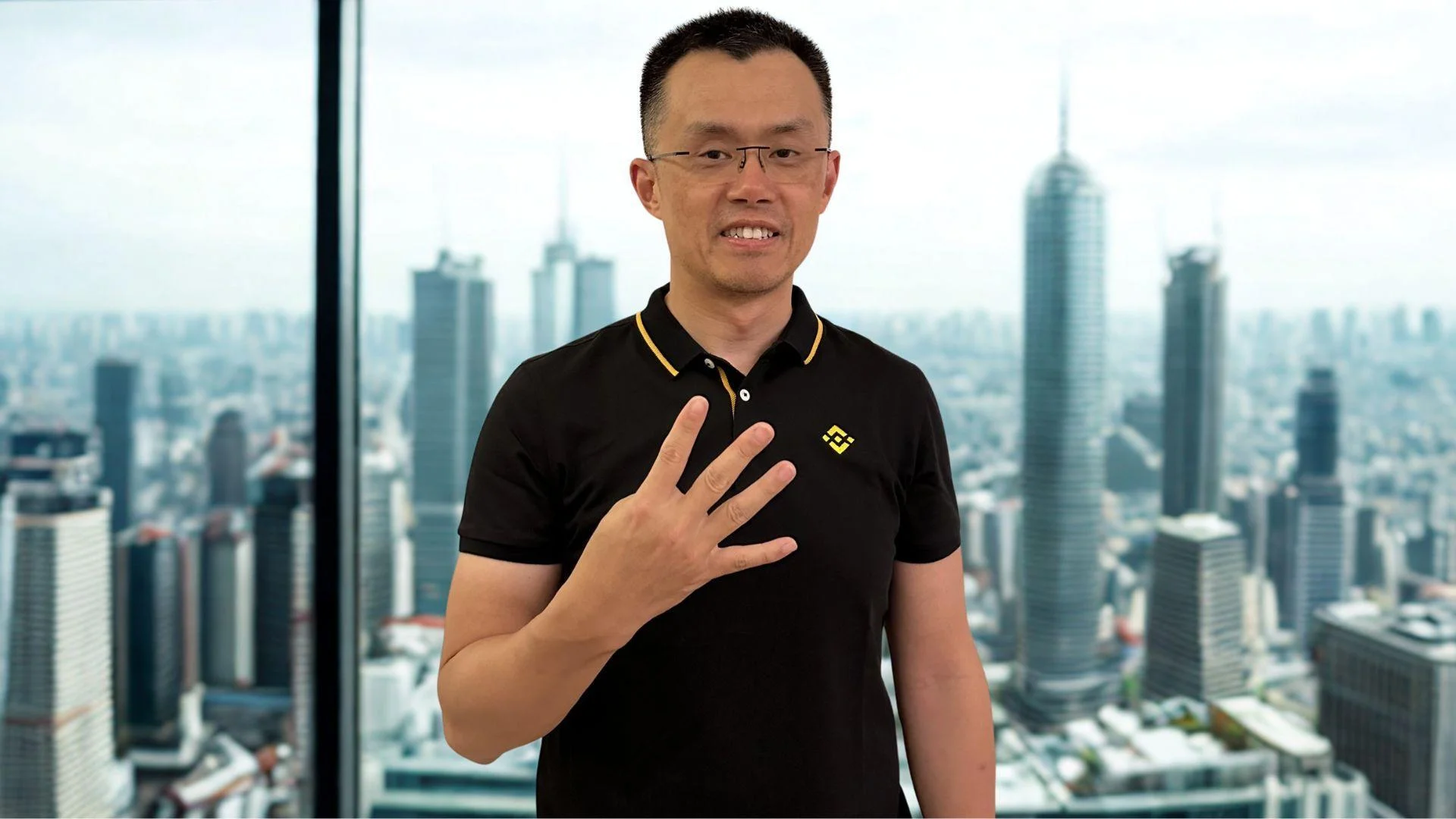OneSafe has announced the launch of TouristDigiPay, a regulated system allowing foreign visitors in Thailand to convert cryptocurrencies into Thai baht for electronic transactions with local merchants. The announcement was made in an editorial report.
TouristDigiPay is part of Thailand’s strategy to revitalize its tourism sector, which experienced significant declines due to reduced arrivals from China. By enabling tourists to convert cryptocurrency into Thai baht through regulated channels, the initiative reflects Thailand’s ambition to establish itself as a regional leader in digital finance. According to CoinDesk, the system is part of the country’s broader plan to modernize payments while attracting tech-oriented travelers.
The program requires all foreign participants to register with licensed digital asset firms and e-money providers that are strictly monitored by the Securities and Exchange Commission and the Bank of Thailand. Registration demands full Know Your Customer (KYC) compliance, including passport verification, as well as adherence to Anti-Money Laundering (AML) protocols. As reported by Cointelegraph, these procedures aim to safeguard the financial system but may also add complexity for travelers seeking fast onboarding.
On August 18, Binance founder Changpeng Zhao posted on X, "I might have contributed to this just a tiny bit," in response to the TouristDigiPay launch. The brief but pointed comment suggested that Binance may have provided advisory support or technical guidance to Thai regulators in developing the system. As covered by Decrypt, Zhao’s tweets often generate significant attention in crypto circles, and this statement fueled speculation about his direct influence on Thailand’s tourism-focused payment framework.
Beyond Thailand, Zhao has played advisory roles for several governments as they consider cryptocurrency adoption and regulation. According to Cointelegraph, he signed an agreement with Kyrgyzstan’s National Investment Agency to support blockchain infrastructure and regulatory frameworks while also engaging with Kazakhstan on crypto mining integration and with French authorities on digital asset licensing structures. His input has also been acknowledged in the United Arab Emirates, where Binance has worked closely with regulators to establish Dubai as a hub for digital finance, underscoring his influence in shaping global crypto policies.

